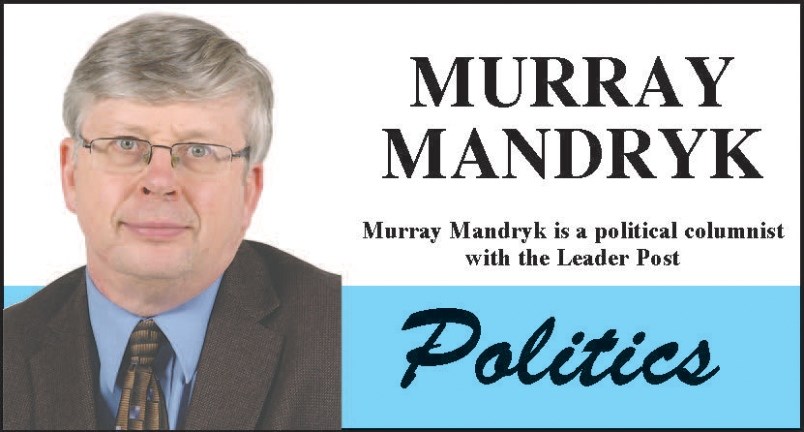The benefit of an older, more experienced government is they tend not to make the same mistakes ass newer ones.
It’s why they get re-elected.
Newer governments are inclined to change direction for the sake of change … sometimes, even when there’s no good reason for change.
Older governments are more inclined to pursue the path that keeps getting them re-elected.
The problem, however, is things do change when it comes to public needs and, especially, when it comes to anticipating public needs down the road.
It’s tough for any government anticipate those future needs, but the specific problem for older governments — especially ones without much fear of С����Ƶ removed from office any time soon — is falling into the trap nothing ever really needs to change.
As a result, they lean into what’s been working for them — what has gotten them re-elected. It’s good politics, it but it also means that old governments are even less inclined to see change coming and start to think about what needs to be done to address a changing world.
It’s been nine months since the Saskatchewan Party government easily secured its fourth consecutive mandate. That it seemed to emerge from the problems of the COVID-19 pandemic without so much as scratch in that election will only enhance confidence in government that it doesn’t have to change much of anything.
However, it’s questionable whether that’s the most productive approach.
For example, Premier Scott Moe last week called the a federal government decision to reject the Sask. Party government’s alternative plan for carbon pricing “arbitrary and political.”
Saskatchewan’s request for a federal review came after it lost its Supreme Court challenge opposing the carbon tax, leaving this government without political options. Moe argued that what it had proposed is about the same as New Brunswick’s plan that uses proceeds from the carbon tax to offset gas prices.
Now, it’s easy out here to agree with Moe because Prime Minister Justin Trudeau’s Liberal government carbon tax policies have been politically designed to be more palatable in Eastern Canada that has a greater voting population and less carbon-intense industry. Also, early years of this federal carbon tax have offered little to indicate they are actually doing much to reduce greenhouse gas emissions.
That said, the one thing about Ottawa jacking up at-the-pump costs of gas is that it makes it more difficult to suggest that the carbon tax isn’t about reducing carbon emissions.
And given Ottawa’s new minimum standards by 2023, what New Brunswick is doing soon likely won’t be acceptable, either.
The bottom line is that the Sask. Party government knew that new benchmarks were coming and had time to present something that wouldn’t have been rejected.
So either no form of carbon pricing — something that the Sask. Party government has supported, in general, since 2010 — is workable or this government would rather keep up the political fight.
It seems very likely that — at least party of Moe’s expressed concerns — have something to do with a desire to keep up this political fight and not deal with costly climate change initiatives.
It’s good politics out here — helpful to both the Sask. Party and helpful to the federal Conservative party — to simply keep fighting with Trudeau and the Liberals.
But the problem with the environment С����Ƶ part of the federal Liberal government brand is that it means there’s even less incentive for the Sask. Party government to invest in costly GHG reduction programs.
In unveiling its recent 2020-21 SaskPower annual report showing a $160-million profit — $45 million less than last year — Crown electrical utility acknowledged a $5-billion, 30-year agreement to by power from Manitoba Hydro.
Were there other green options that might have created jobs in Saskatchewan? Quite likely.
But old governments sometimes don’t consider things like that.
��




